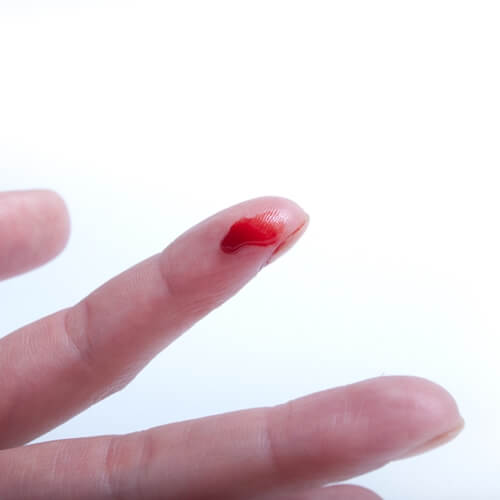Treating and preventing common kitchen injuries
The kitchen is the number one place for at-home injuries. Flames, heat, knives, and spills contribute to many trips to the emergency room each year. As someone studying in culinary arts programs, you are likely no stranger to minor cooking injuries. Here are some helpful tips for treating and preventing kitchen mishaps:
Falling
We’ve all stood on a chair with wheels when trying to reach something high up. Even though we know it’s not a good idea, we tend to do it anyway. Instead, keep a short fold-up step stool next to your refrigerator or in the closet for easy access. Clean up spills immediately after they happen to prevent yourself and others from slipping and falling. If a mop is necessary, be sure to use a “Caution: Wet floor” sign or alert anyone who might come through the area to be careful.
Cuts
It doesn’t matter whether you’re new to online cooking classes or if you’re an experienced sushi chef – cuts happen to everyone. Always be sure that your knives are sharp so you don’t need to use unnecessary pressure to cut things. If you cut yourself and the wound is more than 3/4 of an inch long or if you can see fatty tissue, tendon, muscle or bone, you may need stitches. Seek medical help if the bleeding doesn’t stop when you apply pressure. Do not rinse a cut immediately after it happens. First stop the bleeding, then gently wash the area with soap and water. If the cut is on an area of your body that often bends (like a finger) or is typically exposed to things that might cause infections (food), you may want to consider liquid stitches to prevent infection and keep the wound together.
Burns
When you work in close proximity to an oven and a stove, you are going to get burned. The Mayo Clinic recommends treating first and second degree burns (redness, pain, blisters and swelling at the site) by holding the skin under cool water. This will reduce the swelling. Then cover the skin with sterile gauze bandaging to reduce pain and protect the area. Take an over-the-counter pain reliever and be sure to keep the wound away from food items and water as they may cause infection. Do not ice the wound because that could further damage the area. If the skin does not start to heal within several days or the damage is very severe, consult your doctor.


